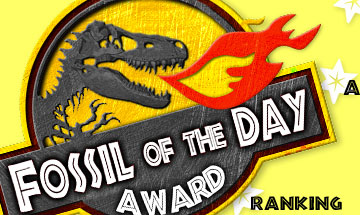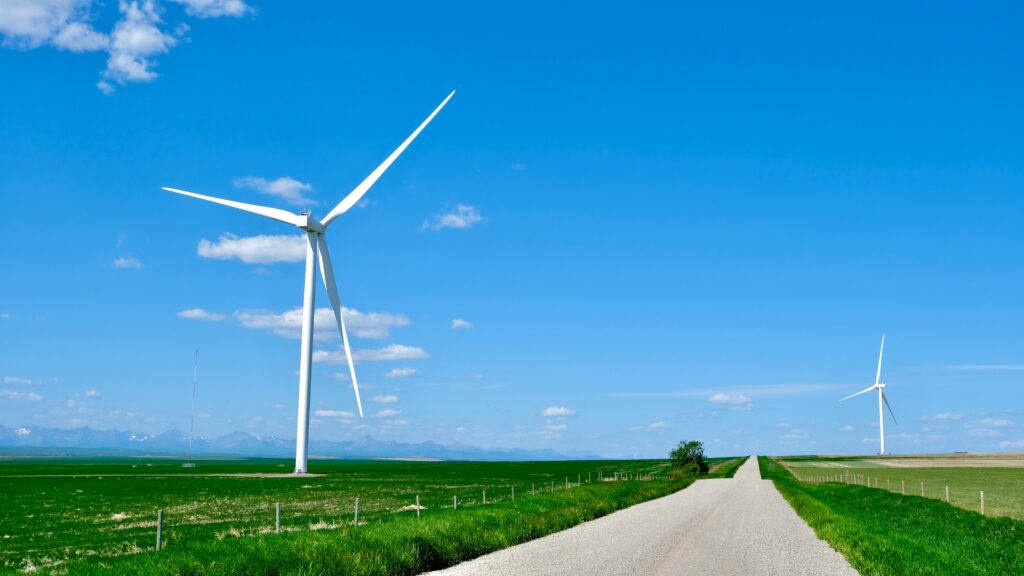After eight years during which the United States was consistently derided as the most obstructive force in international climate negotiations, Canada moved into worst place today, receiving the “Colossal Fossil” award for having done more than any other country to drag down talks at the UN climate negotiations in Poznan.
The Fossil of the Day award, selected by a vote each afternoon of the International Climate Action Network, is pretty much the only light-hearted part of the United Nations Framework Convention on Climate Change, but the jocular spirit belies an underlying seriousness. Canada was roundly criticized – including by the UNFCCC ambassadors of France and South Africa – for failing to embrace science-based emission-reduction targets and, generally, for slowing negotiations.
That, however, didn’t disturb Canadian Environment Minister Jim Prentice, who in a news conference after the announcement of the Fossil award, said, “It’s been a successful conference, one that will set the stage for (next year’s meeting in) Copenhagen.”
The Minister said, “Canada has done what we committed to do, engage in a constructive dialogue.”
While many people had hoped that this meeting would advance the progress of an agreement that would replace the Kyoto Protocol, Minister Prentice said he understsood that the goal of this meeting was to set out workplans, timetables and processes that will lead toward a December 2009 deadline in Copenhagen. In that regard, Prentice said this, the 14th Conference of the Parties to the Framework convention was indeed a success.
But the 400-group coalition of the International Climate Action Network (CAN) denied that this massive conference was just supposed to be a planning meeting. CAN speakers particularly criticized the stalling of Japan, Russia, New Zealand, Australia and Canada, the so-called umbrella group. CAN mocked the “brollies,” as they are sometimes known, for boasting that the 3,000 delegates to this conference had reaffirmed greenhouse gas reduction targets that were agreed upon last year at the COP meeting in Bali,
It’s a sad comment when the best thing negotiators have to offer is that they didn’t go backwards – even if the group looked like it was losing ground throuh some of the negotiations. Said the CAN spokesperson: “Guess what progress isn’t?”
The absence of movement now leaves considerable pressure on all countries to forge a consensus on a new plan, and CAN Canada observers again said Canada was much to blame.
“Canada played a shameful role here in Poznan, as this ‘prize’ confirms,” said Dave Martin, Greenpeace Canada. “We now have just one year left to reach agreement on a strong global climate deal. Canada needs to stop blocking progress and finally start showing some leadership.”
At this writing (at half past midnight Poznan time) the meeting was still carrying on as delegates worked to resolve issues relating to an Adaptation Fund sought by developing countries to help them deal with the negative impacts of climate change, which tend to concentrate in the world’s poorest countries.
Subscribe to our newsletter
Stay up to date with DeSmog news and alerts







